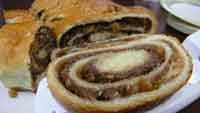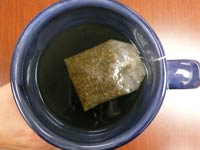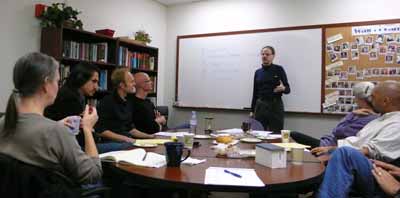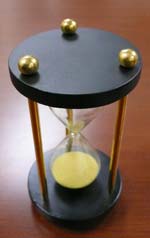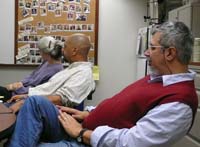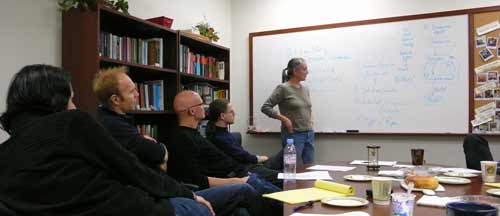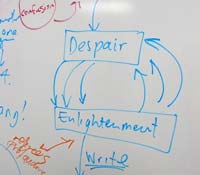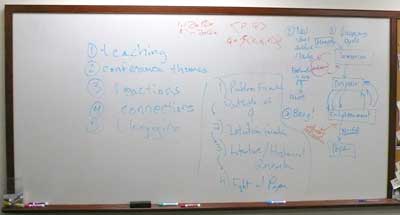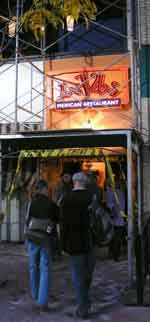
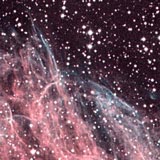
![]()
home
::: about
::: news
::: links
::: giving
::: contact
![]()
events
::: calendar
::: lunchtime
::: annual
lecture series
::: conferences
![]()
people
::: visiting fellows
::: postdoc fellows
::: senior fellows
::: resident fellows
::: associates
![]()
joining
::: visiting fellowships
::: postdoc fellowships
::: senior fellowships
::: resident fellowships
::: associateships
![]()
being here
::: visiting
::: the last donut
::: photo album
::: center home >> being here >> last donut? >> new ideas |
Wednesday, 28 October 2010 How do we find new ideas in philosophy of science? This has been question on my mind for a while. Addressing it squarely seems to be an omission in our professionalization as philosophers of science. We are coached, willingly or unwillingly, in the unhappy business of destroying views with which we disagree. We are taught through examples in papers and discussion notes in publications. We learn it from discussion periods after talks where, sometimes, we are supposed to believe that bloody evisceration of a speaker is just jolly good fun. How do we learn to create new ideas in philosophy of science? While their destruction is a public process, their creation is hidden and private. Yet somehow we need to learn to do it if we are to survive as philosophers of science. Until one starts creative work, it is easy to imagine that the creation of new ideas is an inscrutable process. It either happens, like Athena springing fully armored from the forehead of Zeus, or it does not. When we sit at our desks with a plan to delve into some new field, we have to proceed as if that is not the full story. A blank computer screen produces no instant Athenas. We have to do something to prepare the ground in which the little seedlings of our thought can sprout and flourish. What do we do? That question, it seemed to me, is important enough to devote an entire reading group session to it. We each have experiences and ideas on how the process works. But are these experiences and ideas all the same? We will never know if we don't swap experiences. I did not expect that the exercise would transform us. But I did hope that something useful would come of it. We assembled at the appointed hour for what we called "Discovery Day." I'd found a Hungarian baker at the new market in the strip. He baked up the most delicious nut chocolate rugelach and a nut roll. I'd planned to speak first in order to illustrate the sort of discussion that we could have. It proved unnecessary. P. D. Magnus was eager to step to the blackboard and get us started.
As the discussion unfolded, it became clear that we each conceived the question a little differently. I had prepared a small flow diagram of the creative process. The seeds of discovery for me lay in an immersion in a field. Others, however, found it elsewhere. P.D.'s list was longer than mine and he describes it on his blog. It included teaching and blogging. Heather sought new ideas outside philosophy of science, talking, for example, to scientists. Pete found his seeds in the detailed analysis of specific case studies. Sam pointed to the importance of critical feedback from colleagues. Pierluigi found novel ideas in unnoticed analogies between apparently disparate fields.
In the end, I don't know if the discussion will transform how we seek out new ideas. However I certainly learned. My model of discovery was amended. I don't really start out with immersion, they pointed out to me. I start with hunches that focus my immersive reading. Otherwise I'd drown. The discussion also made me realize just how important the other modes were for finding new ideas. Teaching, for example, has always been a source of new ideas for me. There's something about the demands of explaining a topic clearly to students that leads to a new understanding. Two of the papers I published over the last year began as efforts to explain things better: one in an undergraduate class, that other in a graduate seminar. The second lived an intermediate life as a blog-like piece on my "Goodies" page. When we started, we did not know that there would be two hours of discussion, although I thought it quite likely. At 6pm, we were still going strong. P. D. interrupted with a point of order. "Just looking at the clock," he said.
John D.Norton |
